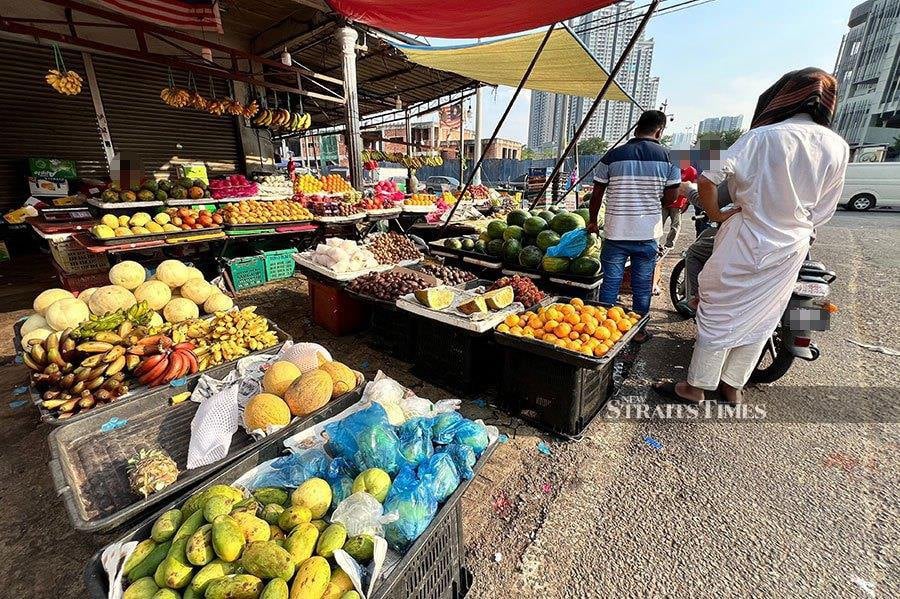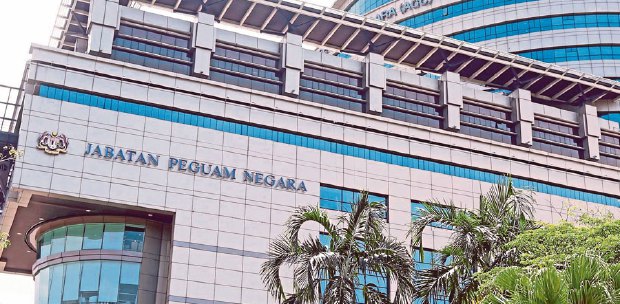Each time a major raid is made by Malaysian authorities, a hidden economic truth emerges. Businesses that are seemingly legal are, in fact, illegal. They go by the name of "Ali Baba" commerce, meaning the business is owned by Malaysians but run by foreigners, Ali and Baba, respectively. Such businesses are supposed to be illegal, but they are run as if they are not, with the help of City Halls everywhere in the country.
For a time, they were confined to Kuala Lumpur. Today, the "Ali Baba" business has spread to Johor Baru, George Town, Kuantan, and Kota Baru. People are beginning to be alarmed, not just because of the social problems they bring to the community where they operate but also because of the economic costs to local businesses. The absence of a uniform law encourages such illegality to thrive.
Each local authority has its own laws and regulations. Take Kuala Lumpur. Here, foreigners are barred from operating 20 types of businesses, two of which are mini marts and restaurants. A trip down to the capital city will reveal that this ban isn't working, either because of a lack of enforcement or because someone in City Hall is looking the other way for a fee. Elsewhere, business restrictions aren't this clear. There is a need for the government to come up with a comprehensive "Ali Baba" law. We are told one is on the way. But what good are laws and regulations if enforcement is not as robust as it should be?
Robust raids are an occasional story. Just over six months ago, an estimated 1,000 enforcement officers led by the police raided four blocks of shophouses in Jalan Silang here, a notorious site for "Ali Baba" traders, in a massive sweep not seen in years. In just two hours on Dec 21, some 500 foreigners were detained for a number of offenses, including not having proper travel documents. Now the foreigners are back with a vengeance.
There is only one explanation for this: a lack of accountability. That raid in December should have led to the arrests of KL City Hall officers, but somehow the dots were not connected. Perhaps there was not enough evidence to lead all the way to KL City Hall. Almost six months later, the Malaysian Anti-Corruption Commission made the connection all the way up to a KL City Hall deputy director, but it was unrelated to the Jalan Silang raid. In the MACC raid, four people were detained: the deputy director, his officer, a City Hall enforcement officer, and a former civil servant. The deputy director was alleged to have been receiving monthly bribes ranging from RM100,000 to RM500,000 from syndicates running illegal businesses in the city.
If corruption can reach that high in City Hall, it says a lot about the way the organization is being run. If the deputy director plays foul, there must be a system in place for the director to detect such criminal behavior, especially when he was alleged to be on the take for several months. It is time for every officer charged with oversight, from the chief clerk to the director-general, to be held accountable for not discharging their duty responsibly. Exemption means impunity.





